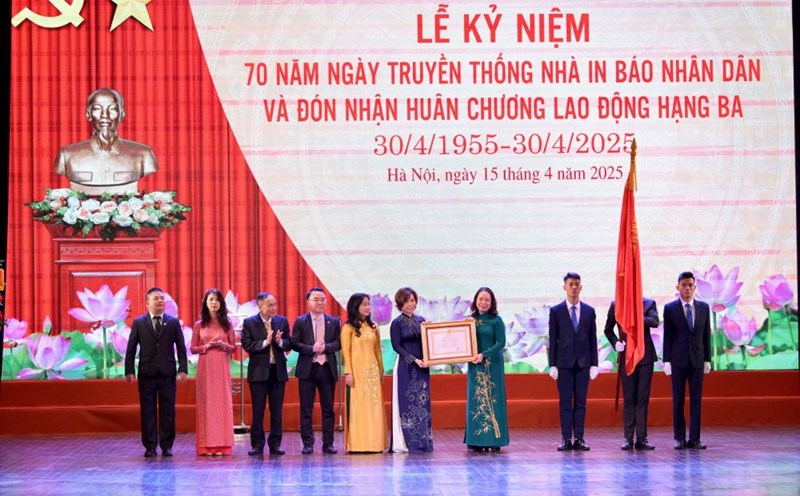Export is always considered an important destination for many businesses in the process of expanding operations and raising their brand to the international market.
Mr. Paul Le - Vice President of Central Retail Vietnam Group - said that in order for businesses to export products to international markets, they must first develop those products firmly in the domestic market, be present in supermarket systems and be competitive with similar products.
Next, when wanting to penetrate any export market, businesses need to be fully equipped with information about that market, carefully study documents, clearly understand regulations as well as differences between markets, and have the ability to flexibly adapt to each specific market.
This is the method that many large enterprises are applying to achieve efficiency in export activities. To adapt to increasingly strict requirements from the market and new consumer trends, businesses not only need to proactively transform production models towards greening, but also need to promptly seize the opportunities brought by economic integration.
Ms. Ho Thi Quyen - Deputy Director of the Ho Chi Minh City Investment and Trade Promotion Center - said that green transformation is becoming a strategic step for businesses to improve competitiveness, create long-term sustainable values and attract investment capital. The trend of sustainable consumption, prioritizing environmentally friendly products is increasingly attracting consumers.
According to a 2023 survey by Nielsen IQ, up to 38% of Vietnamese consumers highly appreciate specific initiatives and actions of businesses in environmental protection. Consumers are also gradually tending to choose products that use green, easily decomposable, and environmentally friendly packaging; at the same time, prioritizing products that bring practical value, especially healthy products.
This is encouraging retailers and distributors to increase their search for businesses that supply green products, green packaging, and green labels to meet market demand, while sharing their responsibility in environmental protection and towards sustainable development goals.
In addition, in the context of being affected by tariff policies, effectively exploiting free trade agreements (FTAs), promptly grasping regulations and export standards - especially standards related to sustainable development - will help businesses reduce risks and increase advantages in export activities.
In the context of increasingly deep integration and the increasingly clear trend of green and sustainable consumption, businesses that want to conquer the world market are forced to innovate their thinking, invest systematically in product quality, build brands associated with social and environmental responsibility.
This is the key to helping businesses not only increase competitiveness and expand export market share but also affirm their position on the global economic map.











